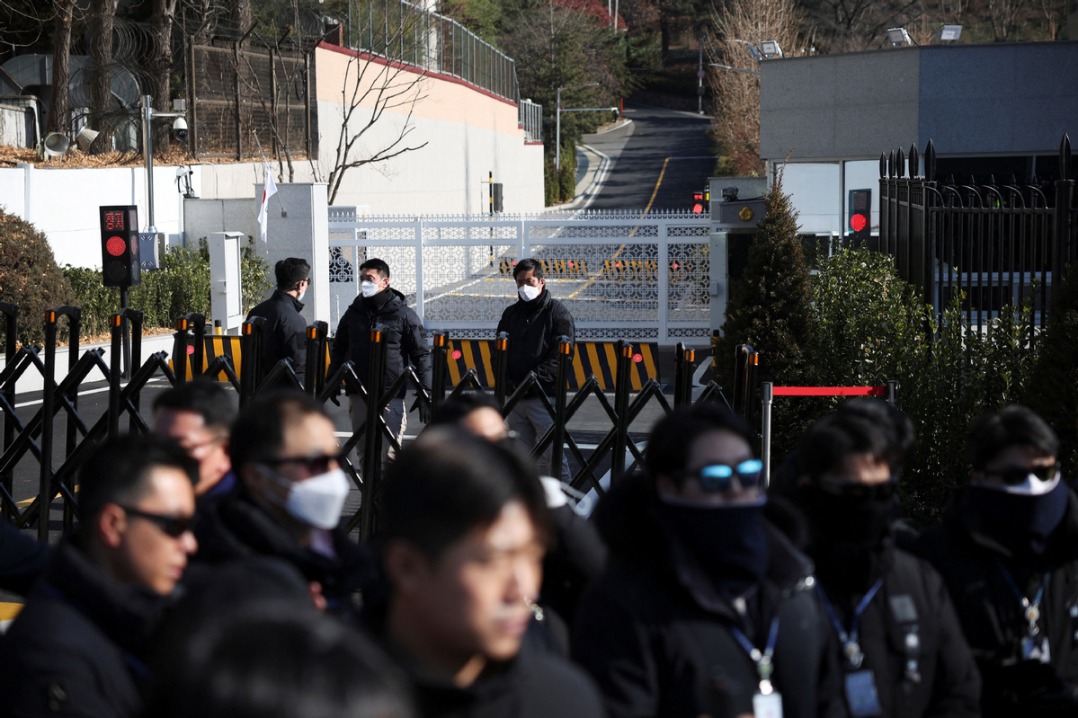EB-5 program is expected to be extended


The EB-5 immigrant investor program popular with Chinese, that originally faced an extension deadline on Friday has been extended for two more weeks through Dec 21 and then is expected to be continued into next year, experts said.
House Republicans have filed a continuing resolution to fund the remaining parts of the government until Friday because of the funeral for former president George H.W. Bush on Wednesday.
“I’m sure that the EB-5 program will be included in that two-week extension, and then, the Congress will have to decide by December 21 what to do in terms of funding the government for the rest of the fiscal year,” Stephen Yale-Loehr, an attorney at Ithaca, NY-based Miller Mayer LLP and an immigration law professor at Cornell Law School told China Daily on Tuesday.
“And I’m confident that at that point, the Congress will probably extend the EB-5 program without any changes,” said Yale-Loehr. “This happened so many times that most people don’t even really worry about a possible shutdown of the EB-5 program anymore.”
Created in 1990 as a pilot program to help stimulate the US economy through job creation and foreign investment, the EB-5 program is an alternative way for immigrant investors to obtain a US visa.
With a minimum of $1 million investment in a development or $500,000 if it is invested in a qualifying Targeted Employment Area (TEA), an EB-5 investor must create a minimum of 10 new full-time jobs through the project they are working toward completing. In return, the investor is eligible for permanent US residency.
Immigrants from China account for more than 80 percent of the EB-5 visas issued. EB-5 is not without controversy as critics contend the program’s requirements are sometimes arranged in such a way that projects in New York City and Los Angeles qualify for funding.
Experts said although in the short term the program will continue without any changes, they expect some reforms to the EB-5 program in 2019 as the program has seen few big changes over its nearly three-decade-long history.
“I’m sure there will be another one or two short-term extensions (after the December 21st), so I think they will extend it to sometime in January,” said Daniel Lundy, a partner at Klasko Immigration Law Partners. “And then they probably extend it again to March like they did last year, but I expect they are going to extend it on the change until September 30, 2019.”

































